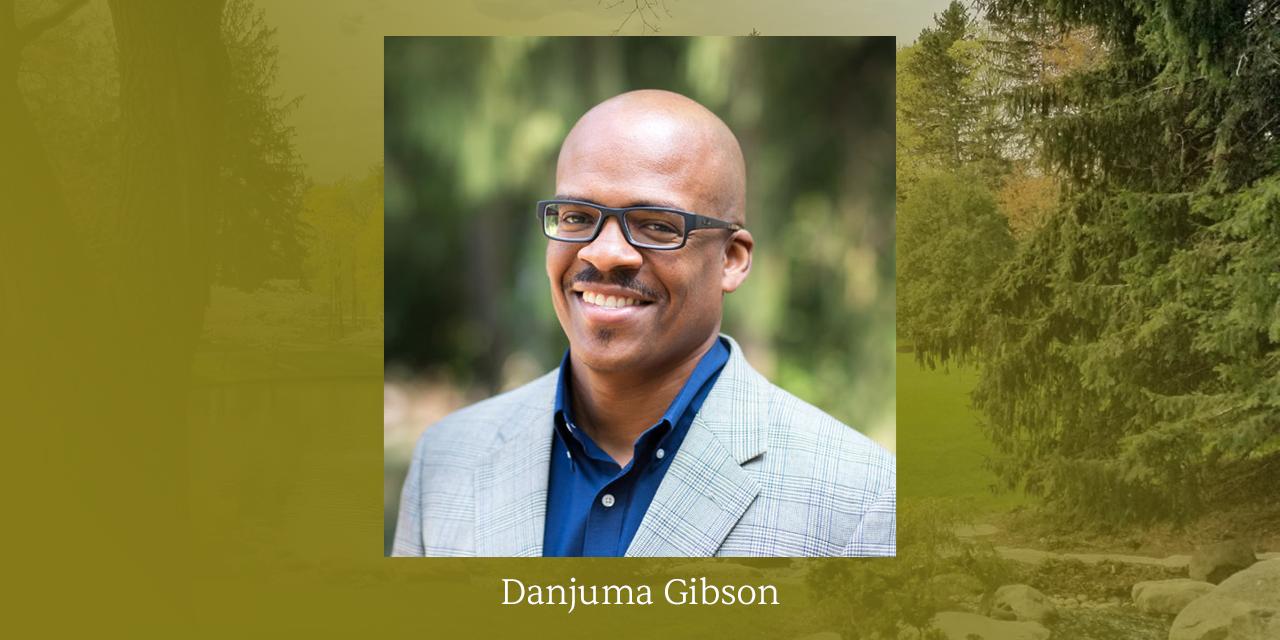Using the tools of practical theology and psychohistory, this presentation highlights the psychological and spiritual profiles of key religious leaders and personalities from the 19th and 20th centuries who were especially effective in combating white supremacy, racial hatred, and a multitude of systemic injustices that continue to plague the U.S. to this very day. This presentation will demythologize their work, and the context in which they existed, in the hopes that we may better emulate practices of freedom in our own time. Honesty compels us to acknowledge that the current sociopolitical context in 2022 is highly contentious (to state it mildly). But this context is not new. Moreover, the work of freedom and the Beloved Community is not new. Ultimately, this presentation seeks to move us forward in the work of Divine righteousness and to “do good, seek justice, correct oppression; bring justice to the fatherless, [and] plead the widow’s cause.”
Rev. Dr. Danjuma Gibson, son of Roosevelt and Harriet Gibson, is a husband, father, brother, ordained minister, scholar, and Professor of Pastoral Theology, Care at Calvin Theological Seminary. Dr. Gibson is also a licensed psychotherapist in private practice. In addition to two recently published book chapters in 2022, and a third book chapter scheduled to be released in 2022, his current book project highlights the psychospiritual profiles of several religious and community leaders who were instrumental in the Civil Rights Era. His most recent book—Frederick Douglass, A Psychobiography: Rethinking Subjectivity in the Western Experiment of Democracy (2018)—is an investigation into the formation of Douglass’ psychological and religious identity in the context of trauma and the American slavocracy. In addition to psychological trauma, Dr. Gibson’s current research includes exploring the intersection of urbanism, black religious experience, psychoanalytic theory, and socioeconomics. Dr. Gibson earned his Bachelor of Arts from Morehouse College, Master of Business Administration from DePaul University, Master of Arts in Urban Ministry and Master of Christian Studies from Trinity Evangelical Divinity School, and Doctor of Philosophy from Garrett Evangelical Theological Seminary. He holds memberships in the American Academy of Religion, The Society of Pastoral Theology, the Society for the Study of Black Religion, and the Association for Clinical Pastoral Education.

